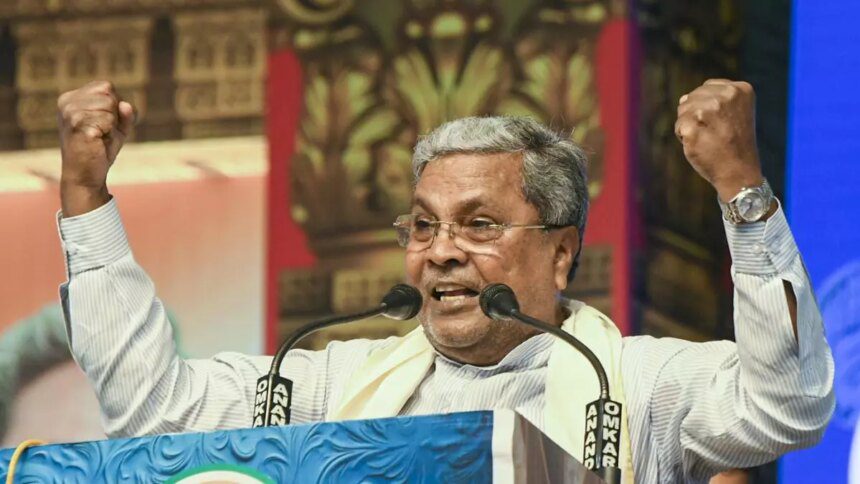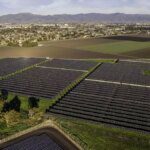Karnataka is expected to borrow around ₹4,000 crore weekly in the last quarter of the financial year 2024-2025, which will accumulate to about ₹48,000 crore over a 12-week period, from January to March. This information comes from the Reserve Bank of India’s indicative borrowing calendar for the states, as initially reported by The Hindu.
This increase in borrowing occurs against the backdrop of strained state finances, largely due to rising costs associated with public programs and various subsidies often referred to as "freebies." In a recent move, the Karnataka cabinet approved a 15 percent increase in bus fares for four state-operated transport agencies: the Karnataka State Road Transport Corporation (KSRTC), the Bengaluru Metropolitan Transport Corporation (BMTC), the North West Karnataka Road Transport Corporation (NWKRTC), and the Kalyana Karnataka Road Transport Corporation (KKRTC).
The government justified this fare increase as a necessary measure to address escalating operational costs. Nevertheless, there are concerns that additional price hikes could occur in other sectors due to the ongoing financial challenges facing the state.
On Friday, K. Venkatesh, the Minister for Animal Husbandry, spoke to the media about pressure from farmers to raise the price of milk, citing a rise in the costs of essential items for dairy farming. Farmers are reportedly requesting a ₹10 increase per liter, although no decision has been reached yet. Venkatesh emphasized the need to support producers, stating, “Nobody wants to suffer a loss.”
Additionally, the Fare Fixation Committee, which is responsible for suggesting fare changes for the Namma Metro service, is expected to submit its final report to the government soon. The Bengaluru Metro Rail Corporation Limited (BMRCL) is deliberating a fare increase of 15-25 percent, marking the first adjustment since a hike of 10-15 percent in 2017. Currently, the minimum token fare is ₹10, with a maximum of ₹60. Smart card users have seen their discount reduced from 15 percent to 5 percent since the operational expenditure increase in 2020.
BJP spokesperson Prakash criticized the state government’s approach, stating, “They are now seeking additional resources. The only option left for the State Government is to raise prices on other essential goods. GST limits many price hikes under state control. Whatever leeway is left, they are using to increase costs—be it for KSRTC, milk, petrol, diesel, or the tax on new car purchases. They offer subsidies with one hand while extracting funds with the other. This is a financial crisis unfolding under Siddaramaiah’s administration.”
Political analyst Harish Ramaswamy highlighted that the extreme populism often seen in democracies leads to policies that ultimately hurt the very people they are meant to help. He stated, "Currently, Karnataka reflects this scenario. The new generation of voters must understand that governments do not operate on their own resources but rely on taxes imposed on the populace. It’s crucial to recognize that this is a matter of redistribution rather than equal distribution. These realities weigh heavily on the state’s finances, contributing to the imbalance between income and expenditure. It is critical now, more than ever, for politicians and economists to collaborate to effectively address these economic challenges for better public financial management."










